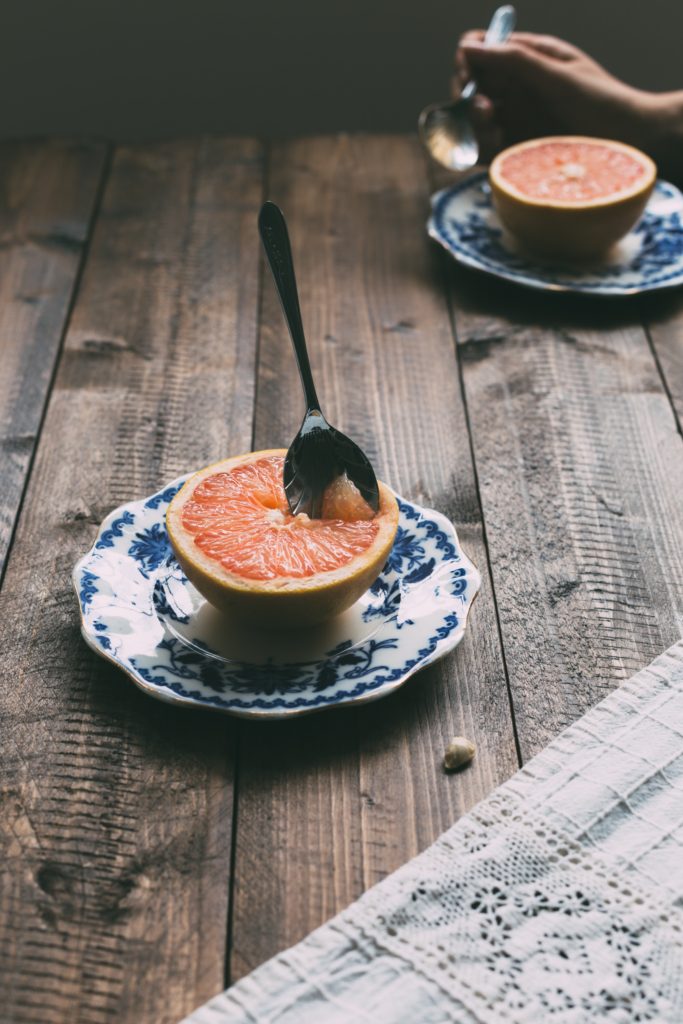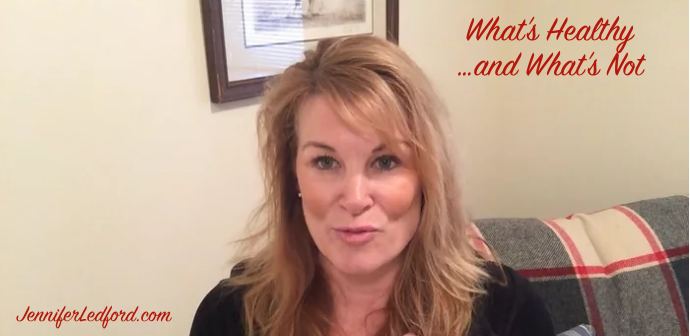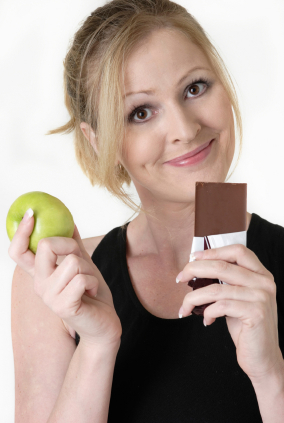It’s January, it’s a new year, and almost every magazine or health related email you open this month will have advice on what you should and shouldn’t be eating.
It can be really tempting to try the latest fad diet that the fitness and/or diet industry is promoting. It’s a normal human response to be intrigued by all the marketing that these industries roll out in January… especially if you’ve gained a few pounds over the holidays.
While I completely understand the desire to want to lose weight quickly, research continues to show us that restrictive dieting is not very effective long term and can potentially do you more harm than good.
Some of the reasons diets fail you are:
- They slow down your metabolism
- They cause you to store fat, not burn it
- They’re unsustainable for most people’s lifestyle
- They are a means to manipulate bodies to become a size they were never designed to be
- When you stop starving yourself and go back to normal calorie-consumption, you WILL gain weight
- Lack of energy due to being hungry
- Some diets ask you to eliminate entire food groups and key nutrients
- They can cause binge eating due to a scarcity mentality
- They can cause stress which is known to cause belly fat due to hormonal changes in the body
There is nothing wrong with wanting to lose unwanted weight. I recently lost a few pounds after recovering from a broken foot. What’s important to remember is that long term, sustainable, weight loss happens when you focus more on health and less on the size of your jeans.
Healthy weight loss is not about counting calories just to reach a number on a scale. It’s about feeling good, having plenty of energy, feeding your brain properly, creating balance in your life, being happy, and allowing your body to settle into it’s own natural and healthy weight. Things like eating the appropriate amount of food, cutting back on the foods and or liquids that you know are excessive, avoiding overly processed foods, and meal planning are all considered healthy eating, not starvation diets or skipping meals entirely.
HERE ARE Seven TIPS THAT WILL HELP YOU LOSE WEIGHT WITHOUT DIETING
1) Eat enough food. It absolutely amazes me that there are still diets out on the market today that recommend dangerously low calorie meal plans when the science says otherwise. Your body will get really good at storing what it doesn’t get enough of. For example, if you eliminate fat from your diet, your body will not want to burn fat. It will want to store fat. Sound nutritional research tells us that you need to eat fat in order to burn fat. I am a firm believer that the low fat and low carb craze has contributed heavily to the weight issues in the United States.
Instead of restricting what you eat, you’ll find more success when you focus on a balanced diet that is centered around whole foods. A balanced diet includes carbohydrates, proteins, fruits & vegetables, healthy fats, and water. Any diet that cuts one of these important nutrients out should be avoided.
2) Exercise. One of the most effective ways to lose weight for good is a combination of eating well AND regular exercise. However, there are many other reasons we should all be exercising regularly besides a desire to lose weight. Research shows that exercise can help with depression, lower the risk for heart disease and cancer, reduce the risk of diabetes, and even grow new brain cells. Exercise is an excellent anti-aging tool!
3) Eat in. Cook at home as often as you can and bring your lunch. When I make our food, I get to choose how much butter, oil, salt, and sugar I add. Sometimes I add more than the recipe calls for and sometimes I cut it back. I can also make substitutions that I think are healthier for us like swapping out more refined grains for whole grains, adding more veggies, and choosing oils that I believe are better than others.
4) Cut back on liquid calories. Try substituting alcohol, sodas, and other higher calorie drinks with water. Try adding lemon or cucumber for some variation.
If cutting out liquid calories sounds extreme, take a more moderate approach and cut down to half or even a quarter of what you usually drink. You can always go back to your normal consumption if you want to. This is about figuring out what works for you personally.
5) Get plenty of rest. Substantial medical evidence is telling us that a lack of sleep affects hormones which are linked to an increase in appetite. Your body becomes less satisfied and you are tempted to eat more food than you may actually need. Sleep deprivation can also affect your hormones in such a way that your metabolism will literally slow down. The National Sleep Foundation recommends 7 to 9 hours of sleep per night.
6) Tell guilt to take a hike. First off, guilt should never be associated with food ever. When I go into a restaurant I order what I want and I do not feel guilty about my choices. Guilty thoughts that attempt to beat us up usually come from a desire to be perfect. And, even though most of us know that perfection is impossible, much of the”professional” advertising we see focuses on displaying perfection as a form of happiness or acceptance. Thank goodness for social media! Live raw video helps to remind us that nobody is perfect and to give ourselves a break.
7) Be yourself. It’s really important that you know what’s most important to you. Not everyone wants to be or was designed to look like the models on the cover of fitness magazines. If challenging yourself to reach an elite athlete status is fun for you and you can achieve it in a healthy way, then by all means go for it! However, if you know in your heart you’d just like to live a long healthy life, fit in your clothes, and have the stamina to do the activities you enjoy without a whole lot of restrictions in your life, then general health and fitness is for you so please don’t beat yourself up because you’re not “doing whatever it takes” to try to look like a fitness model. Perfection is overrated and impossible to achieve. Even fitness models don’t look like their photos all of the time.
Instead of dieting, I recommend you pick as many things from above that you can realistically implement without stressing yourself out and then stay consistent. Diet and exercise are very personal which is why a canned approach rarely works. We all have different lives, different goals, and different needs. 🙂
Here’s to a happy and healthy 2018!
Shared with love,
Jennifer


 It’s no secret that most people are interested in being healthy. Which is why the diet industry has been replacing the word “diet” with “healthy eating” over the years.
It’s no secret that most people are interested in being healthy. Which is why the diet industry has been replacing the word “diet” with “healthy eating” over the years.